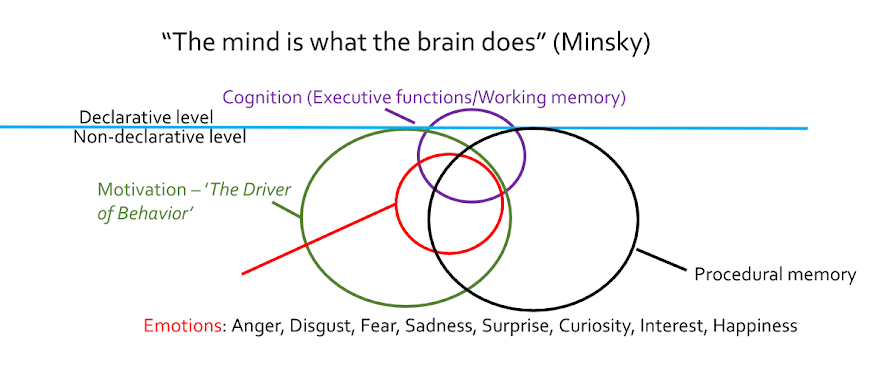Please support the blog via Swish (Sweden), MobilePay (Finland) or Wise.
In a current report, two economists, Datta Gupta and Jessen, have compared children's early mental development between (1) being at home with mother, (2) being in kindergarten. But the report is neither based on developmental psychology research nor does it include children's relation to their father. On top of that, Datta Gupta and Jessen, claim causation.
“Policies such as paid parental leave strengthen career attachment and facilitate work-life balance for families with young children. At the same time, in most high-income countries a universal and subsidized childcare provision is now a key family policy tool for ensuring high female labour force participation. Are the long-run effects on children of spending more time with their parents vs. spending time in childcare roughly comparable or does one type of care outperform the other? This research brief reviews evidence from a number of recent studies bringing casual evidence on the (long-term) effects on children exposed to either parental (mostly maternal) care or childcare in early childhood. The authors focus in particular on the role of childcare quality, parental time use and socioeconomic differences”.
Link to source.
The first thing to note is that none of the researchers describe themselves as developmental psychologists, or even psychologists. Is that remarkable? This is how the different areas of competence are defined:
Economics focuses on the behavior and interactions of economic agents and how economies work (Wikipedia).
Psychology is the scientific study of mind and behavior in humans and non-humans (Wikipedia).
Although both approaches study behavior, psychology is a science. Economics, on the other hand, aims to find out the effects of something on the economy, usually with a prediction model.
Developmental psychology is the scientific study of how and why humans grow, change, and adapt across the course of their lives (Wikipedia).
Second, if one aims to study children's adjustment and development, to find out whether it is better for them to be at home or in daycare, then the model should partly include extensive research on children's' emotional, social and cognitive development, and partly test for both the father- and mother relationship.
Research demonstrates that children who grow up with both parents or with a father have better executive functions, i.e. emotional and social adjustment, and cognitive development compared to children who grow up with a mother.
It is good that the father is at home with the children (LaFlamme et al. 2012). A research team at Imperial College has published a study showing that children who interact with their father at three months have better cognitive ability at the age of two (Sethna et al. 2017). A systematic review shows a positive effect of the father-child relationship on the cognitive development of school children (Rolle et al. 2019). The father-child relationship benefits children's emotional and social adjustment (Vieno et al. 2009, 2014). My own master's thesis in social psychology, which deals with children's emotional relationships with their respective parents, indicates that children who grow up with both parents or only with their father have better emotional and social adjustment and cognitive development (including visuospatial perception and numeracy) compared to children who grow up with only their mother (Österberg, 2004):
“A compilation of 28 studies on the effects of father absence on children's cognitive ability (Shinn, 1978) indicates that father absence as a function of divorce is negatively related to intellectual competence in children; which has also been demonstrated in previous studies (Blanchard & Biller, 1971; Crescimbeni, 1965; Ferri, 1976; Hetherington et al., 1978, 1982; Radin, 1976; Radin et al., 1994; Santrock, 1972; Sutton–Smith et al., 1978). Shinn (1978) "The results of the comparative study are consistent with the hypothesis that children's interaction with their parents forms a platform for cognitive development, and that a reduction in this interaction inhibits cognitive development” (s.2).Conclusion. Because Datta Gupta and Jessen (2023) does not meet these important criteria, their conclusions are not possible.
Please support the blog via Swish (Sweden), MobilePay (Finland) or Wise.
More about my expertise:
Executive coaching for CEOs/managers and workshops to facilitate Organizational Performance, Learning, and Creativity for Problem Solving | Lectures: Nutrition for physical and mental health | Course/lecture: children's emotional and social adjustment and cognitive development | Language training - Swedish | Academy Competency | CV | Teaching skills and experience | Summary of research project | Instagram | Linkedin | YouTube-channel | TikTok | Twitter


No comments:
Post a Comment